Someone sent me this piece today from Charlotte Bancroft at The Bellows. The piece is titled “The Consumerist Mediocrities of Millennial Socialism” and then subtitled “Karl Marx opposed the wonkish, empirical nature of bourgeois socialism. So why do so many Millennial socialists celebrate it?”
The title is whatever. The subtitle is utterly baffling. Karl Marx is opposed to wonkish, empirical socialism? The guy who wrote Capital, easily the most tediously wonkish book in the socialist canon?
I thought for sure this must have been an editor mistake, but no. After bemoaning socialists that propose specific policy reforms using empirical arguments, the author says it in the text:
This form of socialism—parochial, wonkish, and lacking self-awareness—is nothing new or innovative. Marx himself criticized an earlier incarnation of this tendency as “bourgeois socialism” in the third chapter of The Communist Manifesto.
This is the table of contents of the first volume of Marx’s magnum opus:
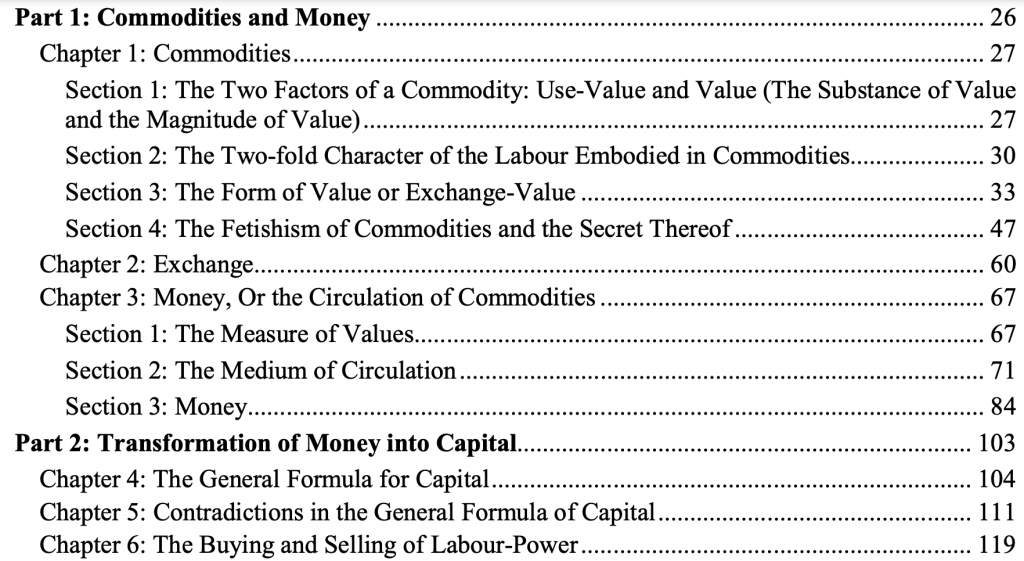
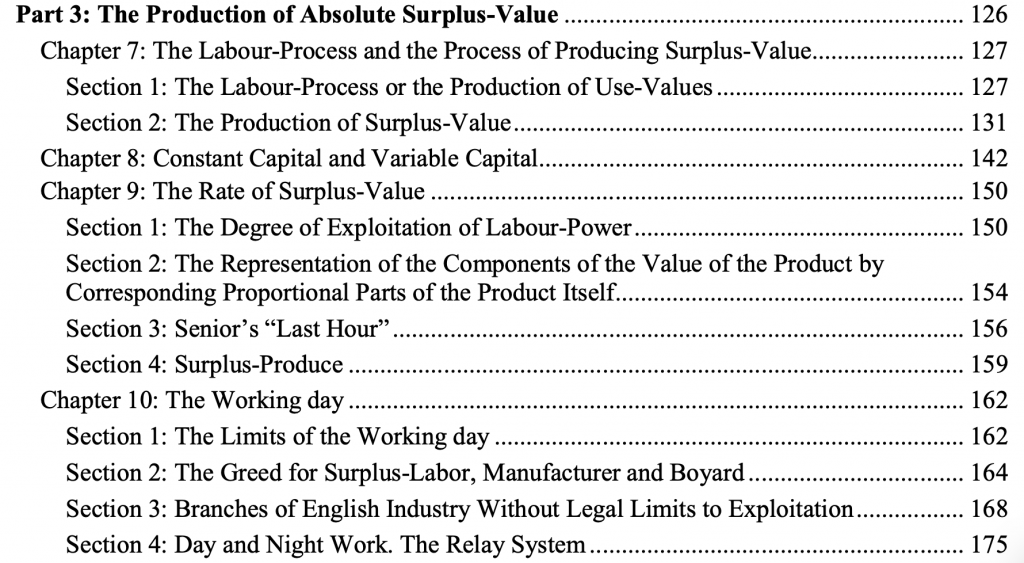
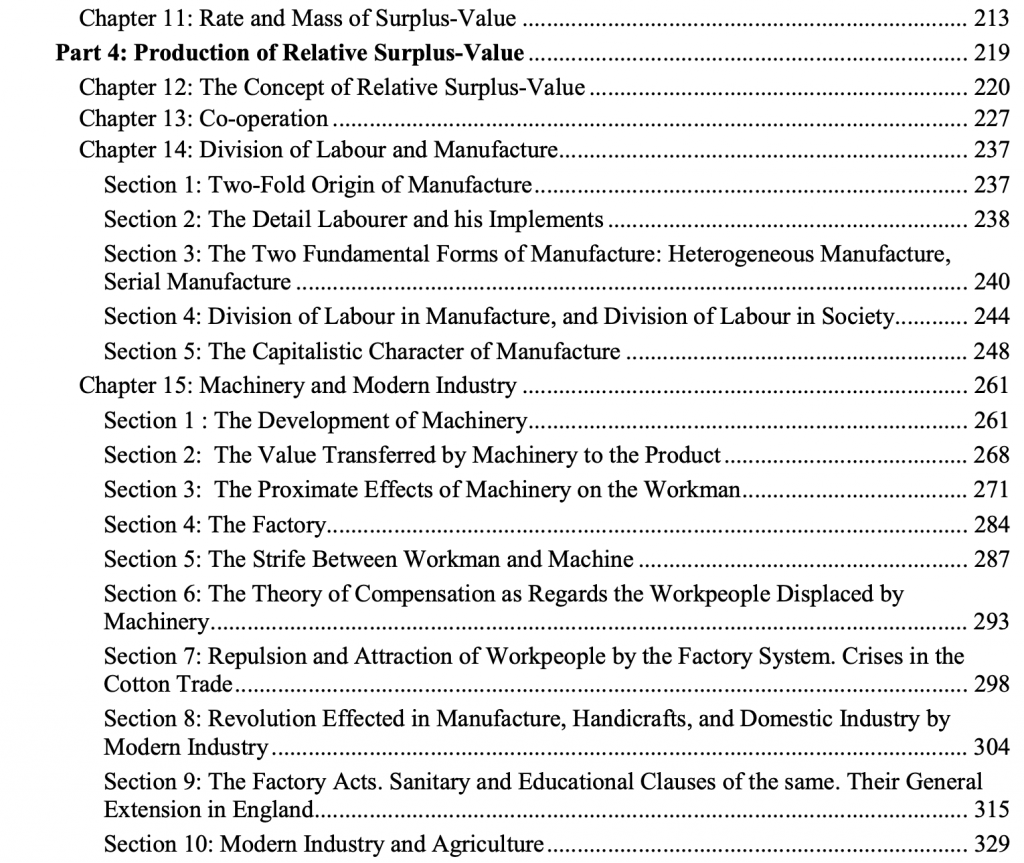

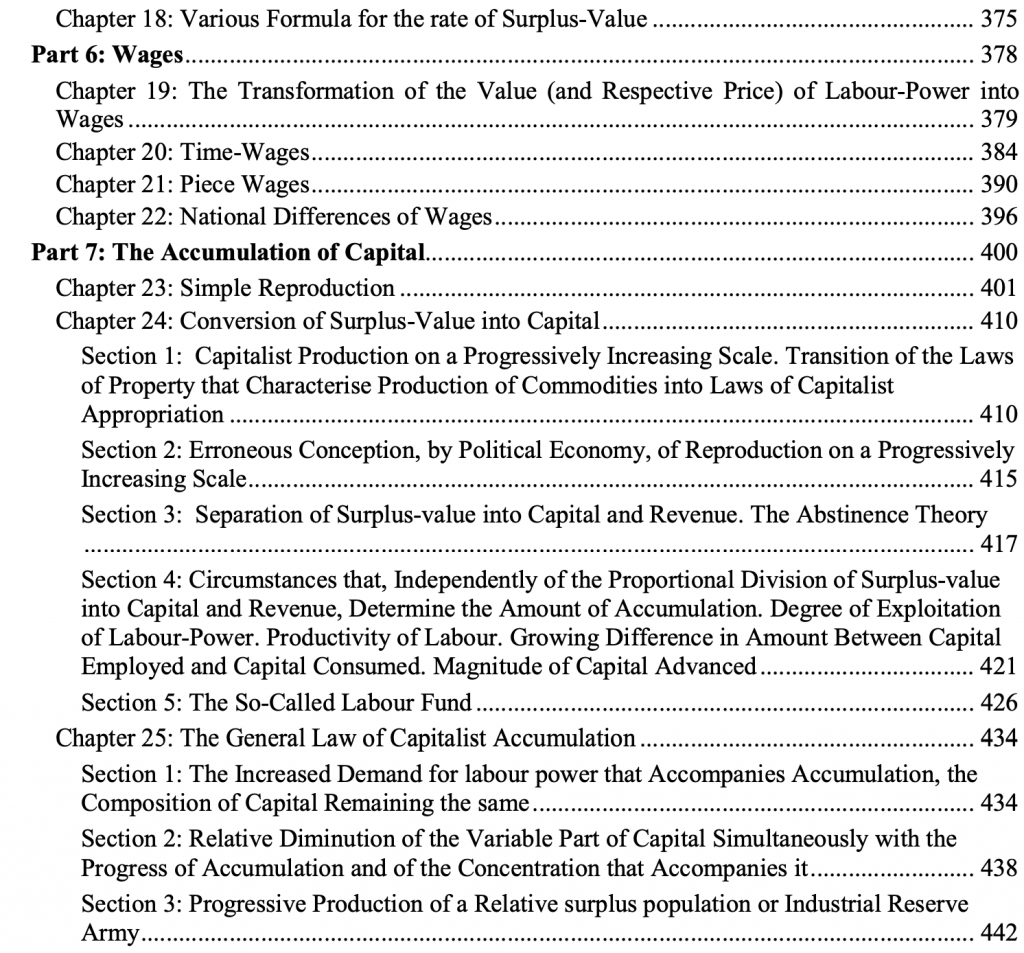
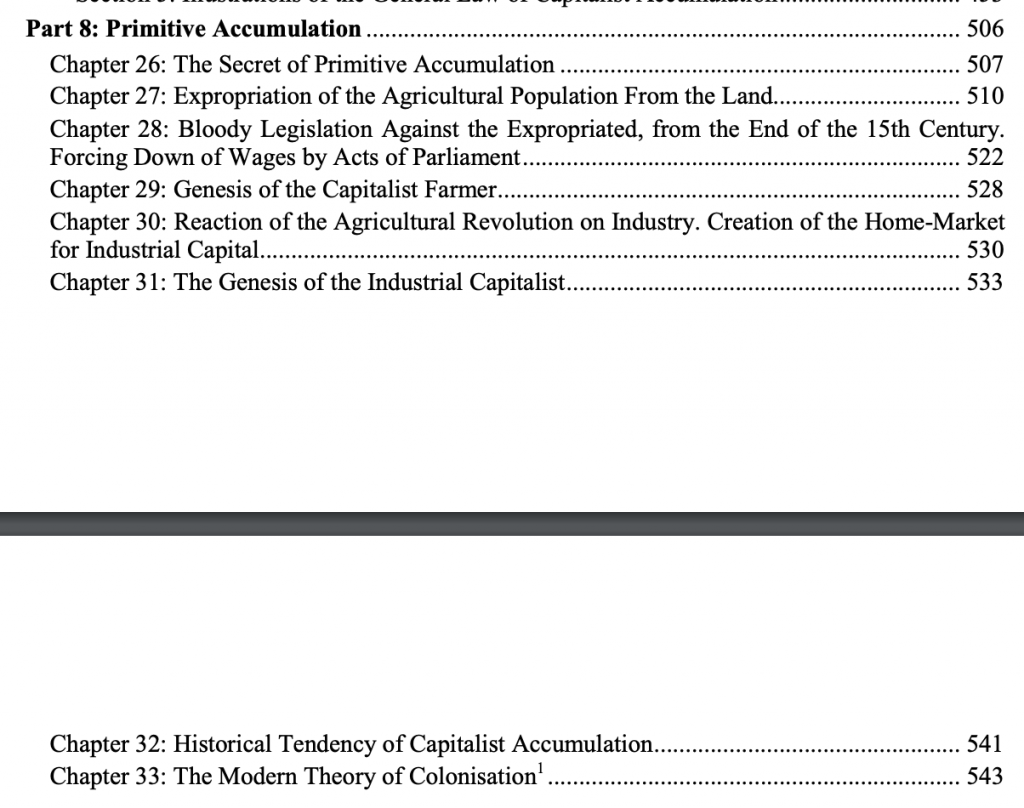
Marx was more autistic about capitalism and socialism than anyone who has ever lived. When not working on these topics, he found time to doodle out some thoughts he had on differential calculus. Here is the first page of his “On the Differential” manuscript.
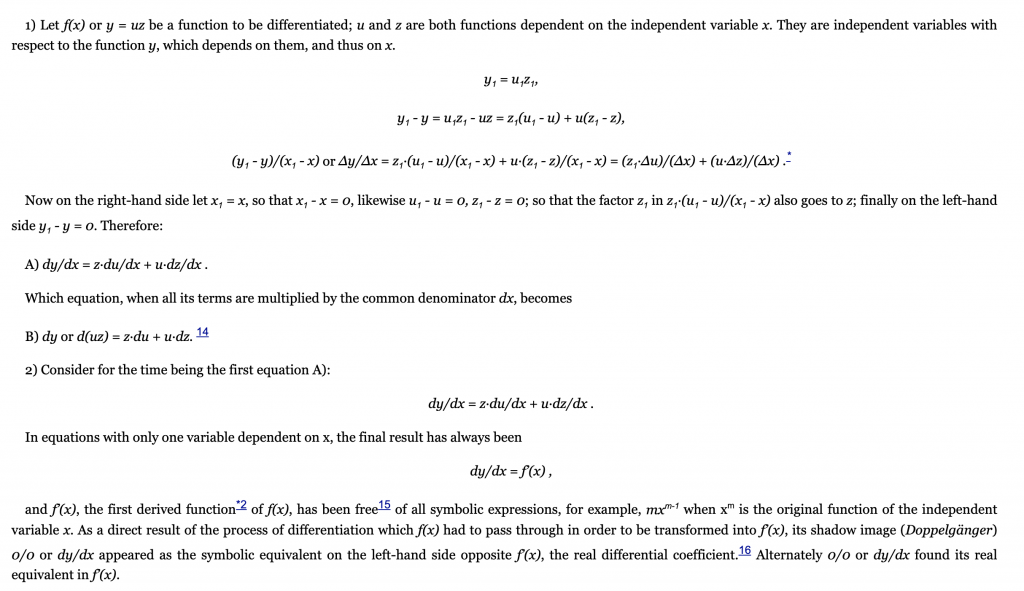
The idea, expressed by the author, that Marx was against the kind of iteration of policy ideas common among certain socialists is also a strange interpretation seeing as in the very same manifesto that the author cites to, he includes a straightforward ten-point party platform.
1. Abolition of property in land and application of all rents of land to public purposes.
2. A heavy progressive or graduated income tax.
3. Abolition of all rights of inheritance.
4. Confiscation of the property of all emigrants and rebels.
5. Centralisation of credit in the hands of the state, by means of a national bank with State capital and an exclusive monopoly.
6. Centralisation of the means of communication and transport in the hands of the State.
7. Extension of factories and instruments of production owned by the State; the bringing into cultivation of waste-lands, and the improvement of the soil generally in accordance with a common plan.
8. Equal liability of all to work. Establishment of industrial armies, especially for agriculture.
9. Combination of agriculture with manufacturing industries; gradual abolition of all the distinction between town and country by a more equable distribution of the populace over the country.
10. Free education for all children in public schools. Abolition of children’s factory labour in its present form. Combination of education with industrial production, &c, &c.
There are plenty of things you can say about Marx and much ambiguity and contradiction across an enormous body of writing. But perhaps the only thing that is incontestably wrong is that Marx was not into wonk analysis and was just a movements guy. Being an obsessive wonk who uses thousands of pages of actual and hypothetical accounting to argue capitalism is exploitative and crisis-prone is his main bit!